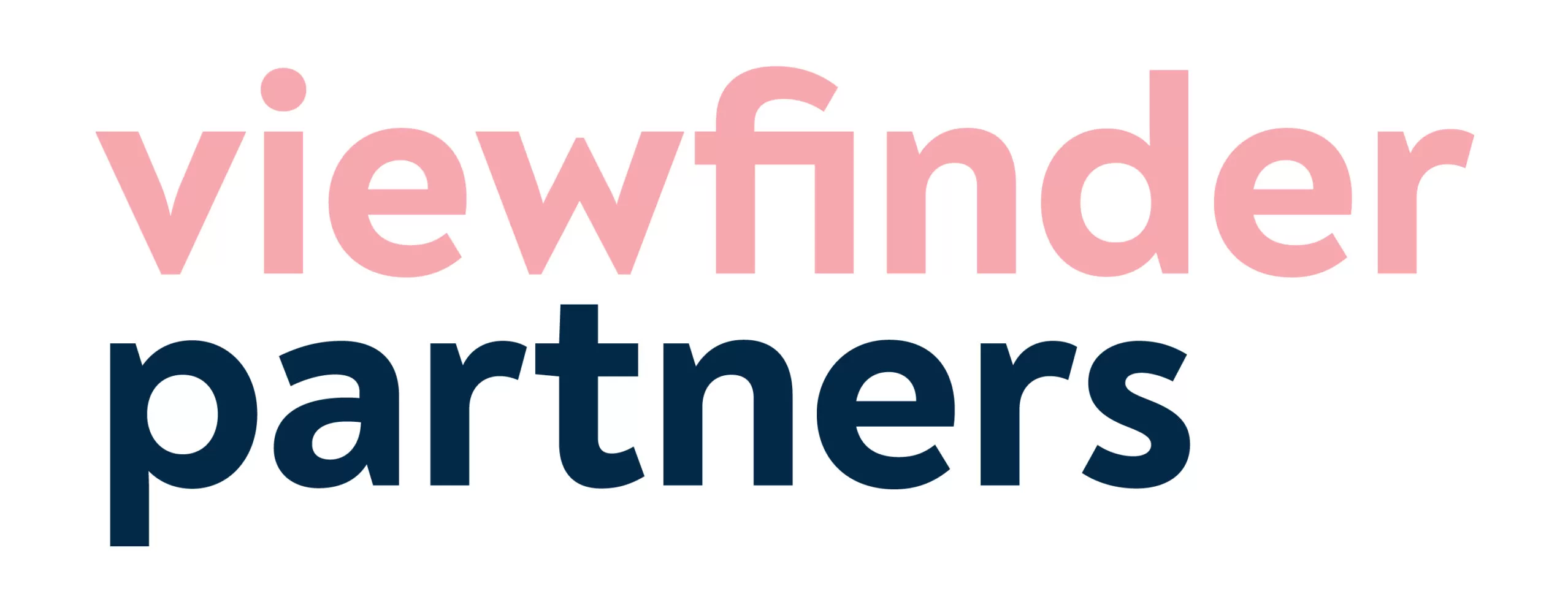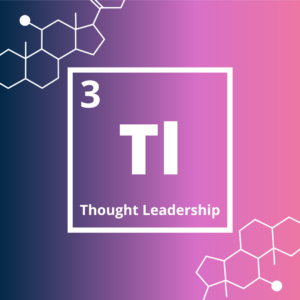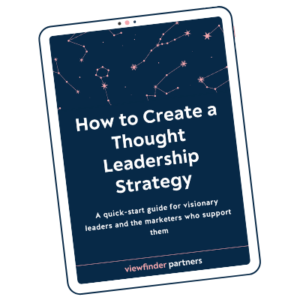Do you remember how you felt in March of 2020? In April?
It was a constant swirl of uncertainty…kind of like I’m feeling now.
This week, as every day brought a more unbelievable round of headlines from Trump 2.0, I looked back at my reflections from 2020.
2020 gave us a few core lessons on how to act in times of intense uncertainty. Right now, we should remember those lessons:
- 💛No matter what’s happening in the world, you can always be a model of care and empathy.
- 🌀When you stand up for other people, you have to take risks. It won’t feel comfortable.
- 🔇Silence is a decision — if that’s your choice, consider the consequences.
- 🌎Your work has to reflect the context of what’s going on in the world.
- 🔊Forget the old rules of “polite” conversation. You have permission to speak up, right now.
How did we learn those lessons? Let’s look back…
No matter what’s happening in the world, you can always be a model of care and empathy.
In March of 2020, I noted who was taking the lead and openly sharing their thought process (and being vulnerable about their confusion and uncertainty).
This is not a time for business as usual. This is a time to be heart-forward, people-first, decisive, and thorough. If you’re wondering how to operate your business next week, or whether your marketing calendar should continue unchanged, I don’t have answers for you. But I do have inspiration from leaders who are setting a model for empathetic leadership in a time of crisis.
Standing up for others means taking risks
In June 2020, a week after George Floyd was killed, I wasn’t sure how to keep going about business as usual. So I looked to business coach Rachel Rodgers. Her video (“How self-proclaimed good white liberals respond to police brutality and violence against black people is insufficient and harmful”) gave me the education and the moral barometer I needed in that moment and reminded me that standing up for other people means taking risks.
Her message: White people’s tempered responses are part of the problem. We need unequivocal. Being anti-racist should feel uncomfortable. If you don’t feel uncomfortable, you’re not doing enough.
And here’s the big one that stuck with me: Being anti-racist means taking risks. Risking yourself and yes, your business. For years, white people haven’t been willing to risk anything. That’s why we see so many generic messages of corporate support. But if you really want to drive change and be a part of a real solution, you have to start taking risks.
Silence is a decision, too
And in July 2020, I reminded people that whether you’re selling bagels or ideas, the people who look to you want to know: Are you there? If you’re silent, people have no idea what’s going on behind the scenes or if you’re there at all.
If you don’t fill the vacuum with your thoughts, other people will fill it in for you.
Honor our shared context
Throughout the pandemic, I was reminded over and over that honoring our shared context is the fastest way to build trust and connection. And on the flip side, if you keep soldiering on because “your work has nothing to do with the news,” I’d rethink that plan.
You can’t just write a two-sentence disclaimer and slap it on the beginning of a blog post or podcast episode. You can’t push out your planned content, tinged with a slight Pandemic, Global Recession, and Major Social Unrest filter. Your audience will see through it. Your content won’t be helpful. It definitely won’t make people feel heard or understood.
You have permission to speak up.
Later, in 2022, when Roe v. Wade was overturned, I realized just how much every voice matters. That moment taught me that the old rules of “polite” conversation don’t apply anymore.
Your basic knowledge isn’t making it into the mainstream.
So it’s time to start talking.
Not because we want to make the ego play of being known as a “thought leader” or an “influencer.” Not because we want to be the loudest voice in the room. But because it’s abundantly clear that as a country and a culture, there aren’t enough voices being heard. We’re not talking about what we know to be true.
Who gets to be a thought leader?
What about you? What about now? Why not?
What to do if you’re tongue-tied in 2025
The last few weeks, I’ve talked to clients who have big, bold, progressive ideas…who lead major initiatives on DEI and sustainability and humanity-based leadership, or who advise companies on supply chain (hello, tariffs). No one is quite sure what to say right now for a few reasons:
- Trump’s intentional chaos creates an environment where no one actually knows what’s coming next. That puts most people into a reactive position, waiting and wondering and responding to each new headline.
- Trump’s vindictive bullying makes people hesitate to react strongly in public. No one wants to be on a despot’s bad side. Leaders have told me that their behavior is primarily guided by all of the people who depend on them for financial security. When you know that hundreds of mortgages and daycare bills and healthcare decisions are hanging in the balance and dependent on you guiding the ship safely through stormy seas, you take a beat before you wrench the wheel too far in one direction (or say what you really think about the president’s actions).
If you’re feeling tongue-tied or stunned into silence or generally unsure, welcome to the club. But remember that staying silent is a choice, too, and it’s a strategy that may have unintended outcomes.
As always, I encourage you to speak up, share what’s true, and lead with your heart. Doing those things never feels like the wrong answer.






